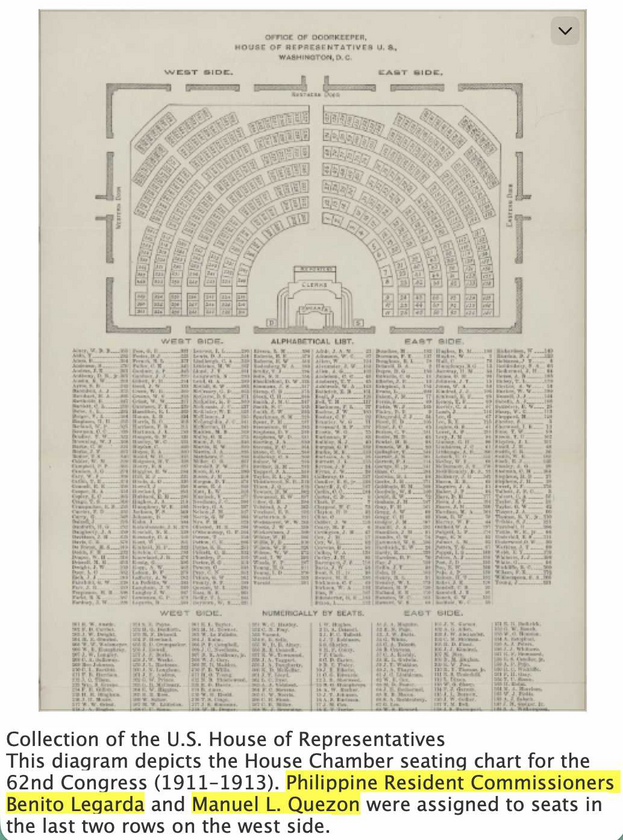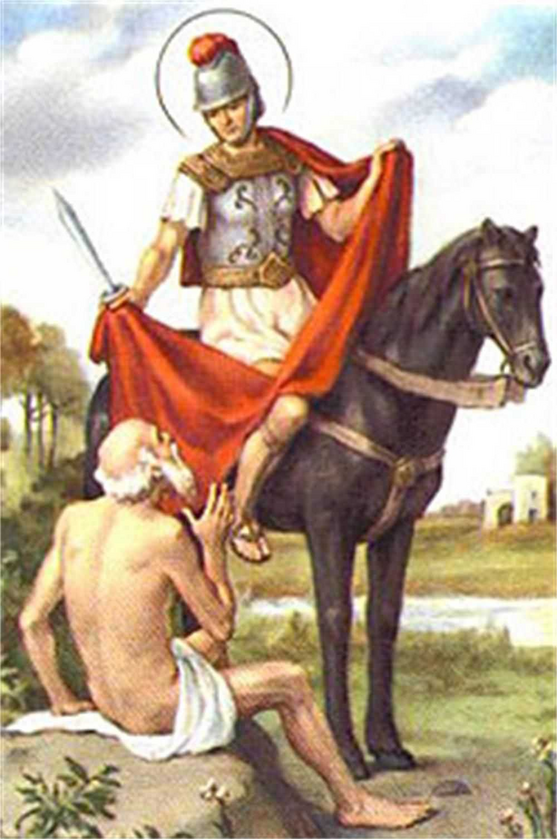The Bible often rebukes people for eating raisin cakes. What's the big deal with raisin cakes? Am I not allowed to eat pie or fruitcake this Thanksgiving? And what does this have to do with our Pilgrims?
Welcome to Politics by Faith on this Thanksgiving week. Every episode this week is going to have a Thanksgiving related theme to it. Have a read James 4 this morning. Let me read through a little bit of it. Adulterers and adulteresses, do you not know that friendship with the world is enmity with God? Whoever therefore wants to be a friend of the world makes himself an enemy of God.
Or do you think that the scripture says in vain, the spirit who dwells in us yearns jealously? So adulterers, this is how God in the Old Testament spoke of idolaters. They called them adulterers. Jeremiah, Ezekiel, Hosea. Hosea has a funny sounding scripture. It says, Then the Lord said to me, Go again, love a woman who is loved by a lover and is committing adultery, just like the love of the Lord for the children of Israel, who looks to other gods and loves raisin cakes.
Raisin cakes. Raising cakes is actually a couple of other places in the Bible too. Raising cake, it was a dried fruit pressed down into this cake. It was real food. And they were often used in pagan worships to Baal and Asherah and other idols. And there's this idea with this with pleasure, like a sensual pleasure.
They're sweet. These are pleasing to the senses and wicked when used in the context, of course, of a pagan cult sacrifice. Jeremiah 7, 18, the children gather wood. The fathers kindle fire, and the women knead dough to make cakes for the queen of heaven, and they pour out drink offerings to other gods to provoke me to anger. more raisin cakes. So check this back out in James 4.
Do you not know that friendship with the world is an enemy of God? But he gives more grace. Therefore, he says, God resists the proud but gives grace to the humble. Therefore submit to God. Resist the devil and he will flee from you. Draw near to God and he will draw near to you.
Cleanse your hands, you sinners, and purify your hearts, you double -minded. Lament and mourn and weep. over your sin. Let your laughter be turned to mourning and your joy to gloom. Humble yourselves in the sight of the Lord, and he will lift you up. " I want to underline, let your laughter be turned to mourning and your joy to gloom.
We've done that analysis before, but I'd like to do it again this week in light of Thanksgiving. Because you're like, wait a second, shouldn't the Bible be talking about happiness? It's not going to be the opposite. We'll explain. But I want to focus on some other things today. Check out this from Spurgeon.
Note the contrast. Note it always. Observe how weak we are, but strong he is. How proud we are, how condescending He is. How erring we are, and how infallible He is. How changing we are, and how immutable He is.
How provoking we are, and how forgiving He is. Observe how in us there is only ill, and how in Him there is only good. Yet our ill but draws His goodness forth, and still He blesseth. What a rich contrast. Sin seeks to enter. Grace shuts the door.
Sin tries to get the mastery, but grace, which is stronger than sin, resists and will not permit it. Sin gets us down at times, but puts its foot on our neck and puts its foot on our neck. Grace comes to the rescue. Sin comes up like Noah's flood, but grace rides over the tops of the mountains like the ark.
That's great.
All right. So what are we to do? Resist the devil. Resist the devil and he will flee from you. This is from Adam Clark's commentary in the 1800s.
James does not recommend that demons should be cast out of believers by a third party. Instead, James simply challenges individual Christians to deal with Satan as a conquered foe who can and must be personally resisted. The word resist, it's two Greek words put together. It means to stand against, stand against the devil. And what will happen? He will flee from you.
Bible commentary from the 1600s, Matthew Poole. He says, And he will flee from you as to that particular assault in which you resist him. And though he return again and tempt you again, yet you still resisting, he will still be overcome. You are never conquered so long as you do not consent. So we must resist the devil. And when we do, he will flee and we need to draw near to God and he will draw near to us.
Think of it like magnets. You get opposite magnets and they repeal. Devil flies away. But if you get the same magnets, they repel. But if they're opposite, then they cling together. So you want to be like the opposite magnet.
I'm not good at my magnet metaphors breaking down. But whatever the magnets are that repel, that's we need to be the devil. And to God, we need it. So as we come closer to him, he will come closer to us. I encourage you to read all of James 4, but I want to turn this over to the Pilgrims now on this Thanksgiving week. And I always want to turn it over to the Pilgrims because they're our first Americans.
They established the culture. we had for a long time and we need to get connected back to. December 1621, Robert Cushman arrived in America. He was on the Mayflower originally, but as we talked about on Friday's show, when the Speedwell, there were two boats that came over, the Mayflower and the Speedwell, and the Speedwell right away took on water. So they had to go back and then everyone crammed into the Mayflower, but it was too full. So some people stayed behind.
So Robert Cushman actually stayed back in England for a little bit, but he was so important and it was so obvious that he was coming on the next ship over that they stayed behind. him an allotment of land for when he did ultimately arrive, which he did. And this is one of his many sermons called The Sin and Danger of Self -Love described in a sermon. That's the title. This is love of the world. Love of the world is also love of the self.
That's why you love the world because it gives pleasure. It's like raising cakes. It gives pleasure to me. So I worship the things of the world because it makes me feel good immediately in the moment. Now he wrote about 1 Corinthians 10 .24, which says, let no one seek his own good, but the good of his neighbor. So Cushman makes note that the church in Corinth that Paul was writing to was eating things offered to idols, like raisin cakes.
Isn't that amazing? So let me quote this. I'm translating this into more modern speak from 1621. But Cushman says then, during their unrestrained feasts held at church meetings, speaking of the church in Corinth, the wealthy, which by the way, Paul was rebuking, The wealthy, who could afford to feast fully, looked down on the poor, who had nothing to share, mocking and despising them. In both epistles, the apostle often sharpens their arrogance and selfishness. And by the last chapter, he repeatedly urges them to examine themselves to see whether Christ truly dwells in them.
Despite many seeming to soar high like thousands today who rush headlong to heaven, it's like people rowing a boat facing one direction with their faces, but heading another with their entire body. Wow. Think about that. That imagery. of rowing in the opposite direction. Many display a boastful, grand language, as if they will force open heaven's doors, dismissing humble and
broken -hearted believers as weak, simple, foolish, and so on. Yet these loud, boastful ones, who seem to be leaving others behind, if they're like the proud Corinthians, are actually just glorifying themselves, pretending to stand for God's glory. What else are they doing but mixing flesh with spirit, serving not God alone, but their own wages, serving their own stomachs, raisin cakes, which leads to damnation. Unless a quick and thorough remedy is applied. The remedy is what our Savior teaches the rich young man, and what Paul prescribes, not seeking their own, but caring for one another's needs. This remedy is as painful to carnal believers as abstaining from drink would be to an alcoholic, and it's a sure sign of sickness if this idea troubles them, as it did the rich man, man that Christ told to sell what he had and who left sorrowfully.
Yet this ailment must be cured, or it will spoil everything, infecting both soul and body. And the contagion is so deadly that it risks the well -being of the entire community, where selfishness and self -love reign. Our Founding Grandfathers, the Pilgrims, had a culture of loving others, of serving others, of putting to death any pride, of putting to death any loving of the self, and putting to death any serving of their own carnal needs. And if you think about what they left, they had everything. One of the reasons, as we talked about on Friday, one of the reasons they left the Netherlands, Amsterdam, was because their kids were becoming corrupted to the culture of the Netherlands. They could have stayed and had plenty, but that's not what they were seeking.
They went to the New World and suffered incredibly, suffered to death, most of them. But they still died in glory because they put to death worldly desires. They sailed to the new world, started a new nation, that for a long time embraced that same Christian ethic. On this Thanksgiving, let's pray that we can return to that Christian ethic that Robert Cushman, one of our pilgrims, said, let no one seek his own but the good of his neighbor, 1 Corinthians 10 .24. And also James 4, to not be an adulterer, an adulteress, and to not have friendship with this world. Instead, resist the devil and draw near to God.
I pray you have a very Christian Thanksgiving, a very sacred and holy Thanksgiving this year. MikeSlater . Locals . com for the transcript and commercial for you. MikeSlater .













